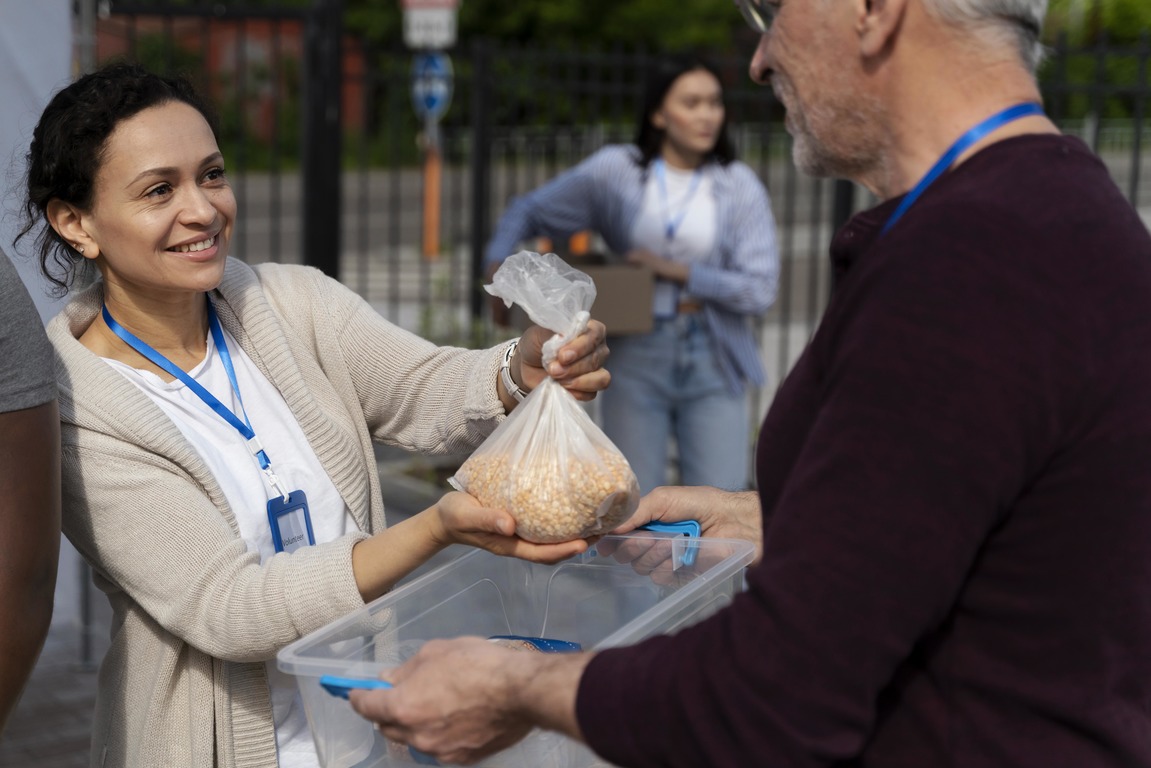
Partnering with Food Banks: A Win-Win for Businesses and Communities
In Singapore, a place famous for its great food, more people are working to stop wasting food. A good way to do this is for businesses to work with food banks. This helps handle extra food and supports the community. This blog post looks at how this teamwork is good for both businesses and the community.
Understanding the Role of Food Banks
Food banks are key in helping with food shortage problems and dealing with extra food. They collect, store, and distribute donated food to those in need. In Singapore, food banks have become increasingly important. It serves as a bridge between excess food and those who need it most. These groups work hard to give extra food to the hungry instead of letting it go to waste.
For businesses, food banks offer a practical solution to manage excess inventory. It's not just about disposing of surplus; it's about giving it a new purpose. This way matches Singapore's goal to cut down food waste and build a kind, united community.
Benefits for Businesses
Businesses that partner with food banks reap multiple benefits. First, it enhances their corporate social responsibility profile. By contributing to the community, businesses build a positive brand image. This goodwill can translate into customer loyalty and an improved public perception. It’s more than just a donation; it’s a statement of values.
Furthermore, partnering with food banks can lead to significant cost savings. Reducing food waste lowers disposal costs. In Singapore, where businesses are highly competitive. These savings can be a game changer. This is not just about cutting costs; it's about efficient resource management.
Community Impact
The community benefits are profound. Food banks provide a lifeline to those facing food insecurity. In Singapore, despite its affluence. There are individuals and families who struggle to meet their daily food needs. By ensuring that surplus food reaches these vulnerable groups. Food banks play a crucial role in maintaining social welfare.
This partnership also promotes a culture of sharing and caring within the community. It fosters a sense of solidarity and collective responsibility. It's not just about feeding the hungry; it's about nurturing a compassionate society.
Sustainability and Environmental Impact
Partnering with food banks contributes to environmental sustainability. By keeping food out of landfills, it cuts down on the gases that come from waste breaking down. In Singapore, where environmental sustainability is a priority. Such efforts are in line with national goals.
This partnership also aligns with the global movement towards sustainable food systems. It demonstrates a commitment to the United Nations Sustainable Development Goals. Particularly those related to zero hunger and responsible consumption. It's not just an environmental act; it's a step towards global sustainability.
Steps to Successful Partnerships
For a good partnership, companies must set up a way to sort and give away extra food. It requires coordination and a commitment to regular contributions. In Singapore, food banks work closely with businesses to facilitate this process.
Communication and transparency are key. Frequent updates about how donations help can encourage businesses to keep giving. It's not just about giving food; it's about building a relationship.
A Model for the Future
Businesses working with food banks show a good way to deal with food waste and help people who need food. In Singapore, this model is proving to be effective and impactful. It’s a testament to what can be achieved when businesses and communities work together.
This partnership is more than just a transaction; it’s a transformation. It shows that in the fight against food waste and hunger, everyone has a role to play. It’s not just a local solution; it’s a global inspiration.
